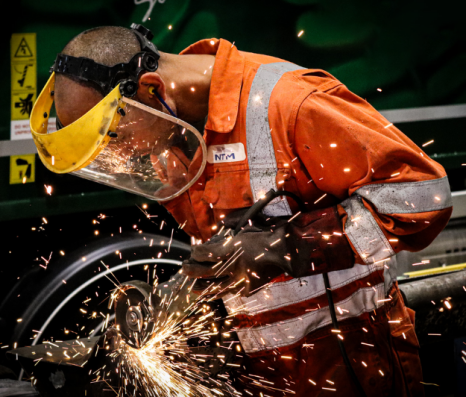NTM United Kingdom
A more Sustainable Future
We are driven by a vision of a cleaner, more sustainable future. As a leading provider of innovative refuse collection vehicles, we design our products to reduce waste and promote recycling efficiency. With the UK local authorities relying on NTM vehicles, we are proud to support their efforts to achieve zero waste.

Driving the Future
Our Solutions are continuously designed and developed to meet the evolving needs of our customers. As our customers embrace new technologies, We make the transition to low-emission solutions seamless.

Latest News

Latest News
13.12.2024
The Simpler Recycling policy is being introduced by the Department for Environment, Food and Rural Affairs (Defra)





